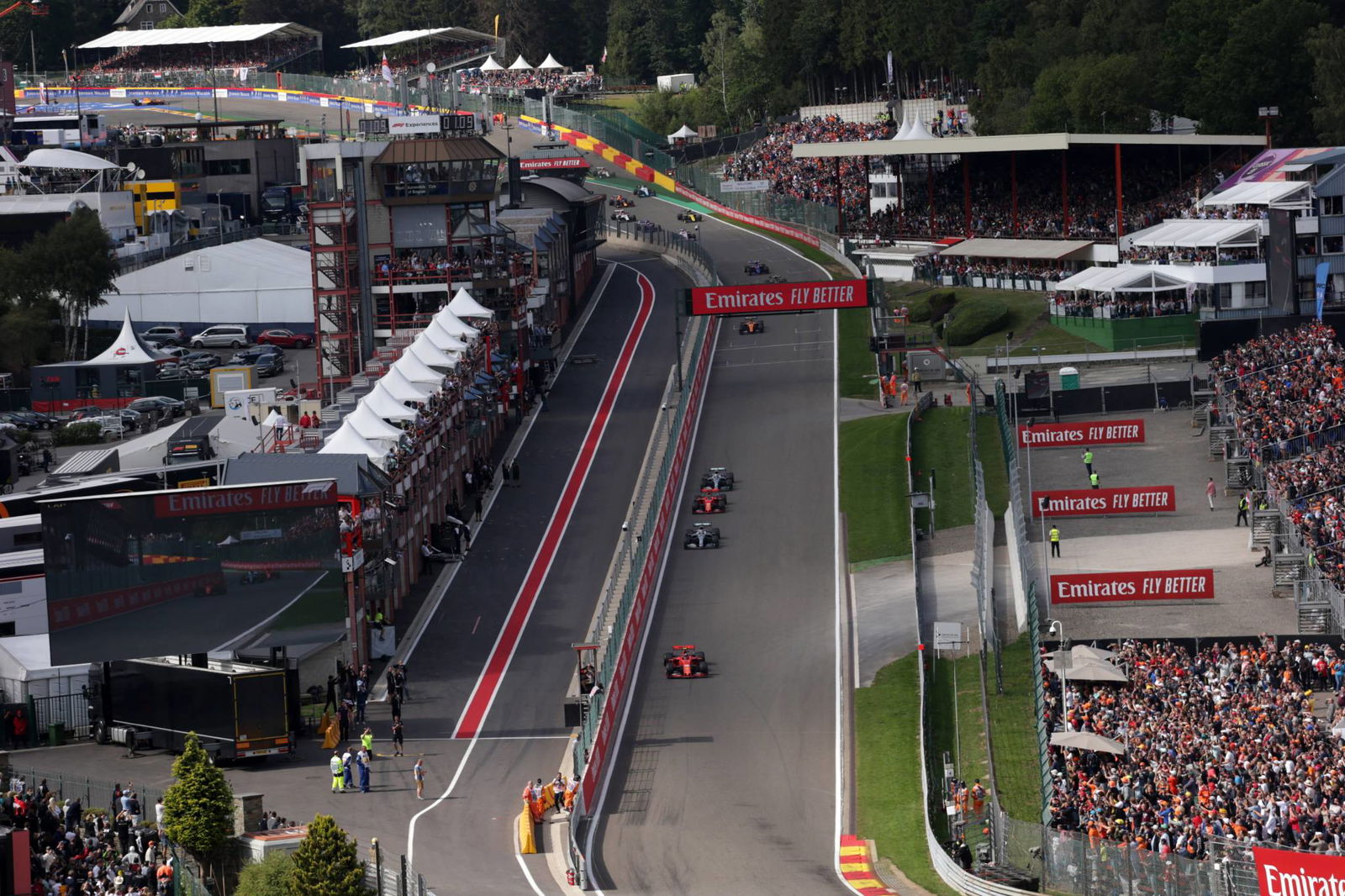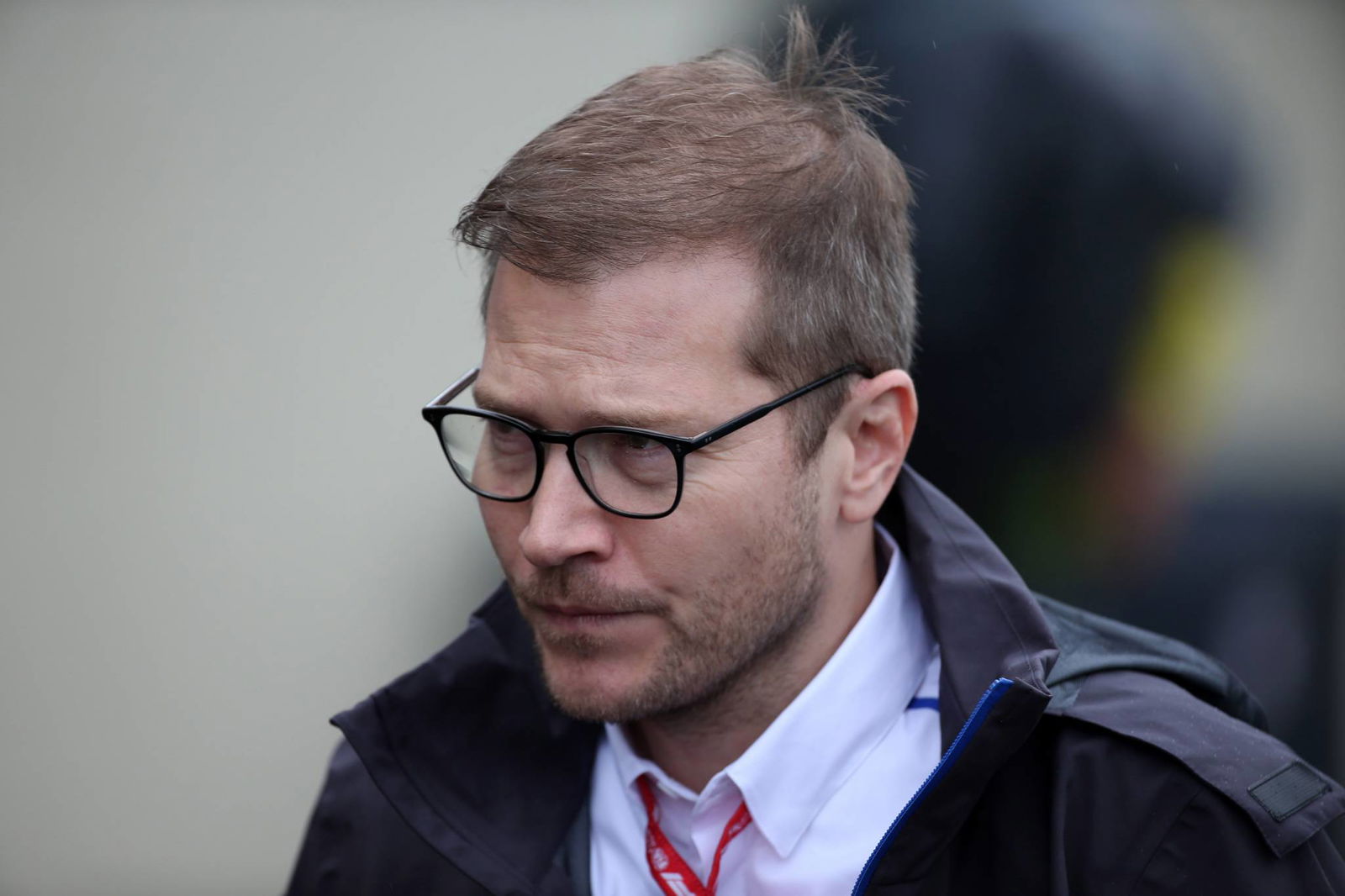The greatest drivers never crowned F1 world champions
Following the sad passing of Sir Stirling Moss, considered the greatest world champion Formula 1 never crowned, it is a good moment to look through the other famous names who never secured the ultimate prize.
Without doubt, Moss heads up this group of iconic drivers given his achievements, statistics and legacy as one of Great Britain’s first F1 superstars.
As a 16-time F1 Grand Prix winner, Moss still sits 17th in the overall list of drivers with most F1 wins beating the likes of Jenson Button (15 wins), Graham Hill (14 wins) and James Hunt (10 wins).

Following the sad passing of Sir Stirling Moss, considered the greatest world champion Formula 1 never crowned, it is a good moment to look through the other famous names who never secured the ultimate prize.
Without doubt, Moss heads up this group of iconic drivers given his achievements, statistics and legacy as one of Great Britain’s first F1 superstars.
As a 16-time F1 Grand Prix winner, Moss still sits 17th in the overall list of drivers with most F1 wins beating the likes of Jenson Button (15 wins), Graham Hill (14 wins) and James Hunt (10 wins).
A four-time F1 world championship runner-up, Moss’s near misses in capturing that elusive world title are well documented, including most notably in 1958 when he defended Mike Hawthorn from being disqualified from the Portuguese Grand Prix which would later result in Hawthorn beating him to the crown by just a single point at the season finale.
But Moss’s exploits across his entire career made him stand out against the rest, with a record of 212 wins from 529 races in all disciplines, while his gentlemanly conduct and spirit embeds his legacy in the history of racing.
Looking into the F1 history book, Moss has good company in the cast of drivers who starred in the sport but never quite reached the pinnacle.
For this list we’ve decided not to include any active drivers given they can still fight for the F1 world title once racing returns.
David Coulthard
The Scottish sensation went from F1 rookie to Grand Prix winner in the space of 16 months, with Coulthard clinching his maiden victory with a dominant performance at the 1995 Portuguese Grand Prix.
After charging to third place in the final drivers’ standings that year, his first full season in F1, many tipped him as a future world champion but during the era of Mika Hakkinen and then Michael Schumacher’s Ferrari dominance he would have to play second fiddle.
In total, Coulthard finished in third place in the F1 standings in four seasons (1995, 1997, 1998 and 2000) and second place to Schumacher in 2001.
After splitting from McLaren at the end of 2004, Coulthard spearheaded the new-look Red Bull team following its purchase of Jaguar, but with an inexperienced team the Scottish driver could never quite replicate the results from the early years of his career.
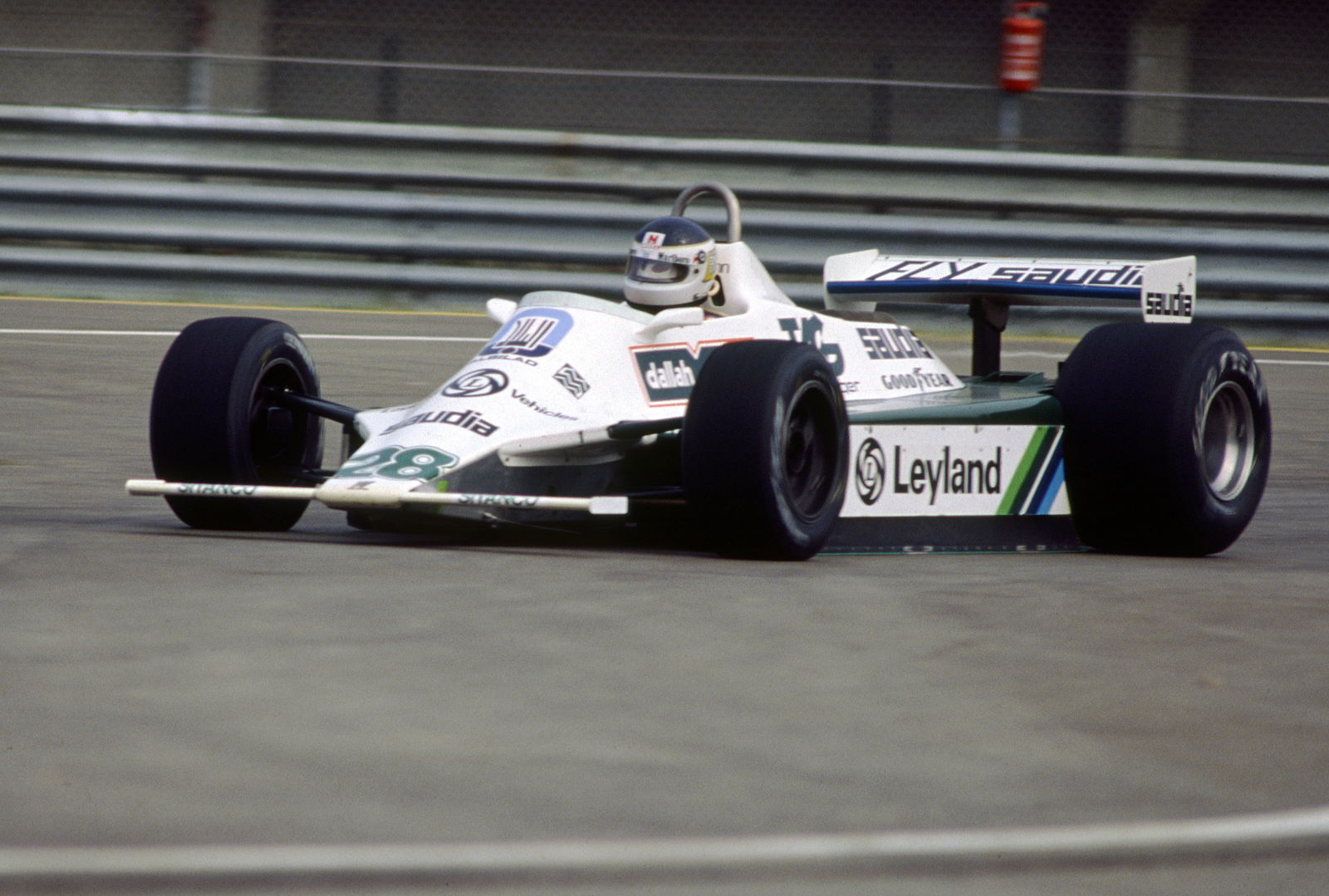
Carlos Reutemann
Another of the big-name nearly men in F1 is Reutemann who on his arrival in the sport was already being compared to five-time world champion and fellow Argentine Juan Manuel Fangio.
Making his name as a Brabham driver in his early years, Reutemann’s stock rose rapidly when he finished in third place in the 1975 F1 world championship, ahead of James Hunt that season, driving the iconic Brabham BT44B.
His success saw him land a spot at Ferrari from 1977 and in his first year at the Scuderia he was an early title fighter until fading as the season progressed to drop to fourth place. Improvements in 1978 resulted in four wins and third place in the championship but also signalled the end of his time at Ferrari.
After an unsuccessful season at Lotus, Reutemann moved on to Williams with teammate Alan Jones winning the 1980 F1 crown in their first year together at the team.
Despite being overshadowed by Jones, Reutemann still produced a solid maiden season at Williams with his victory at the Monaco Grand Prix a shining highlight having won by over a minute from Jacques Laffite.
With Reutemann targeting a title challenge in 1981, the Argentine’s strong start to the season with wins in Brazil and Belgium plus podiums in Argentina, San Marino and at Long Beach gave him a 12-point lead in the early standings.
That advantage would swell to 17 points thanks to his second place at the British Grand Prix when Nelson Piquet would retire with a tyre problem, but the Argentine’s second half of the season collapse saw his Brazilian rival storm back to take the title by just a single point at the final round at Caesars Palace in Las Vegas.
Any hopes of a title fight in 1982 where dashed when Reutemann retired from F1 two races into the season, with his call coinciding with the outbreak of the Falklands War which many believed was the reason behind his decision to quit as he was driving for Williams at the time.
Jacky Ickx
Considered one of the greatest drivers of all-time, Ickx never added an F1 world championship crown to his illustrious record.
A six-time Le Mans 24 Hours winner, 1983 Dakar Rally winner and 1977 Bathurst 1000 winner, the Belgian came close to the F1 world title on two occasions.
In 1969, Ickx guided his Brabham to second place in the standings behind the dominant Jackie Stewart.
The Belgian driver switched to Ferrari for 1970 but the season is famously remembered for F1’s only posthumous world champion in Jochen Rindt, who won the title after his tragic death at Monza. Ickx finished that season in second place overall, five points behind Rindt in the final standings.
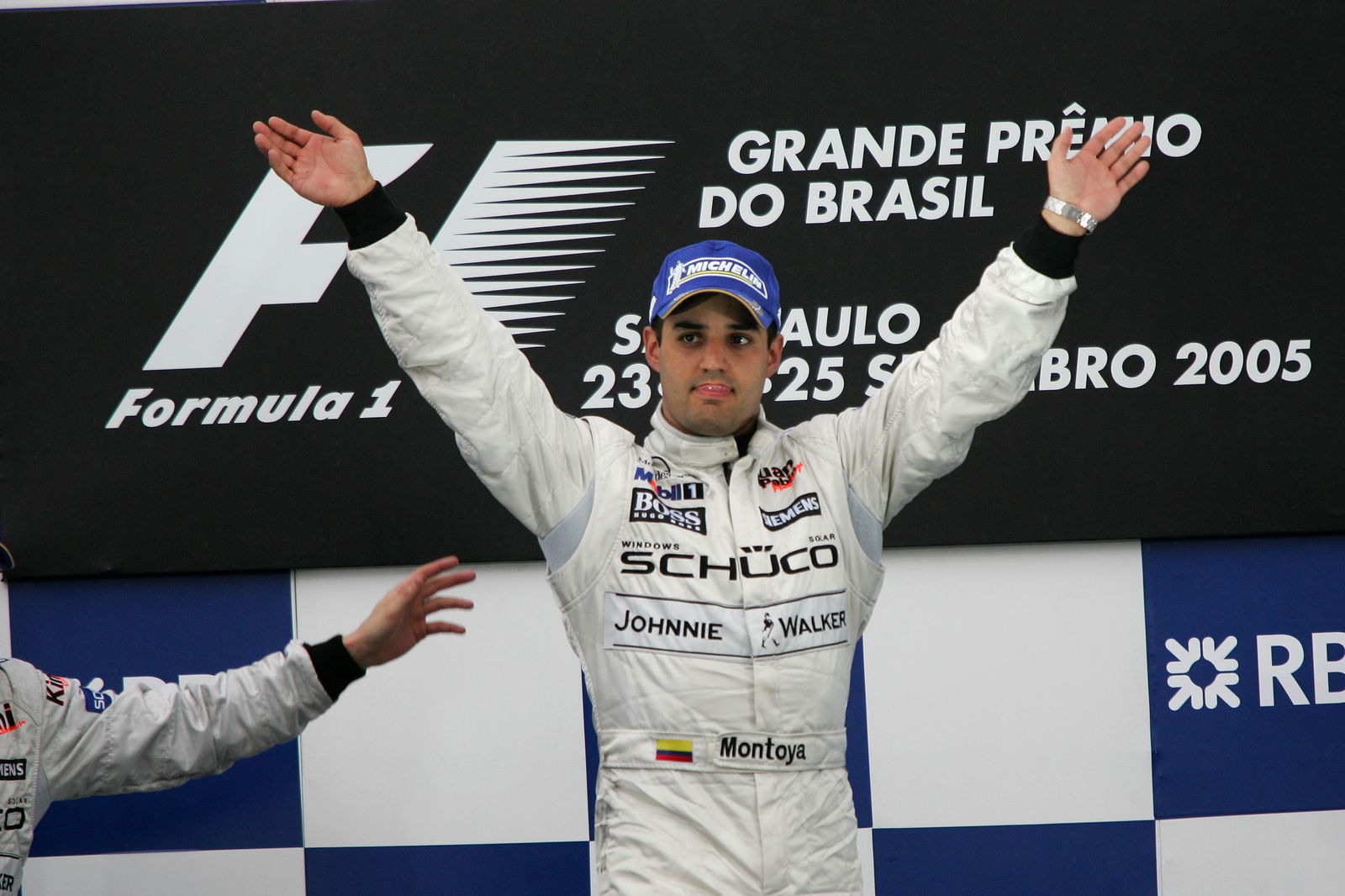
Juan Pablo Montoya
Another driver with a prestigious record away from F1, Montoya arrived in 2001 having won the 1999 CART championship and the 2000 Indy 500 (as a rookie no less), making him highly regarded as a driver capable of taking on the might of Michael Schumacher and Ferrari at the peak of their powers.
After an eye-catching first season for Williams in 2001, highlighted by victory at Monza but ultimately let down by poor reliability and inconsistency, the Colombian driver made vast improvements in 2002 but was ultimately powerless to stop Schumacher and Ferrari from dominating.
A similar story developed in 2003 and despite a switch to McLaren in 2005 he never truly gelled with the Woking team as he felt their car design wasn’t being adjusted to suit his driving style. Despite three wins in his first season at McLaren, helping him to fourth place in the overall F1 drivers’ world championship, Montoya left the sport for NASCAR midway through the 2006 season.
Bruce McLaren
A legendary driver in his own right, McLaren’s team may have gone on to become one of the most successful F1 constructors in the sport’s history, but the Kiwi never clinched the biggest prize himself.
McLaren came closest in 1960 when he finished runner-up to Australian rival and Cooper teammate Jack Braham, before finding further success running his own team that he founded back in 1963.
After a breakthrough victory at the 1968 Belgian Grand Prix, Bruce McLaren ended 1969 in third place in the final standings despite missing the final two rounds of the season.
McLaren found greater success in the same period racing in the Can-Am Series, while he and co-driver Chris Amon won the 1966 Le Mans 24 Hours in a Ford GT40.
Sadly, McLaren was killed at Goodwood in 1970, having contested the opening three rounds of the F1 season having enjoyed an impressive start thanks to his second place at the Spanish Grand Prix.
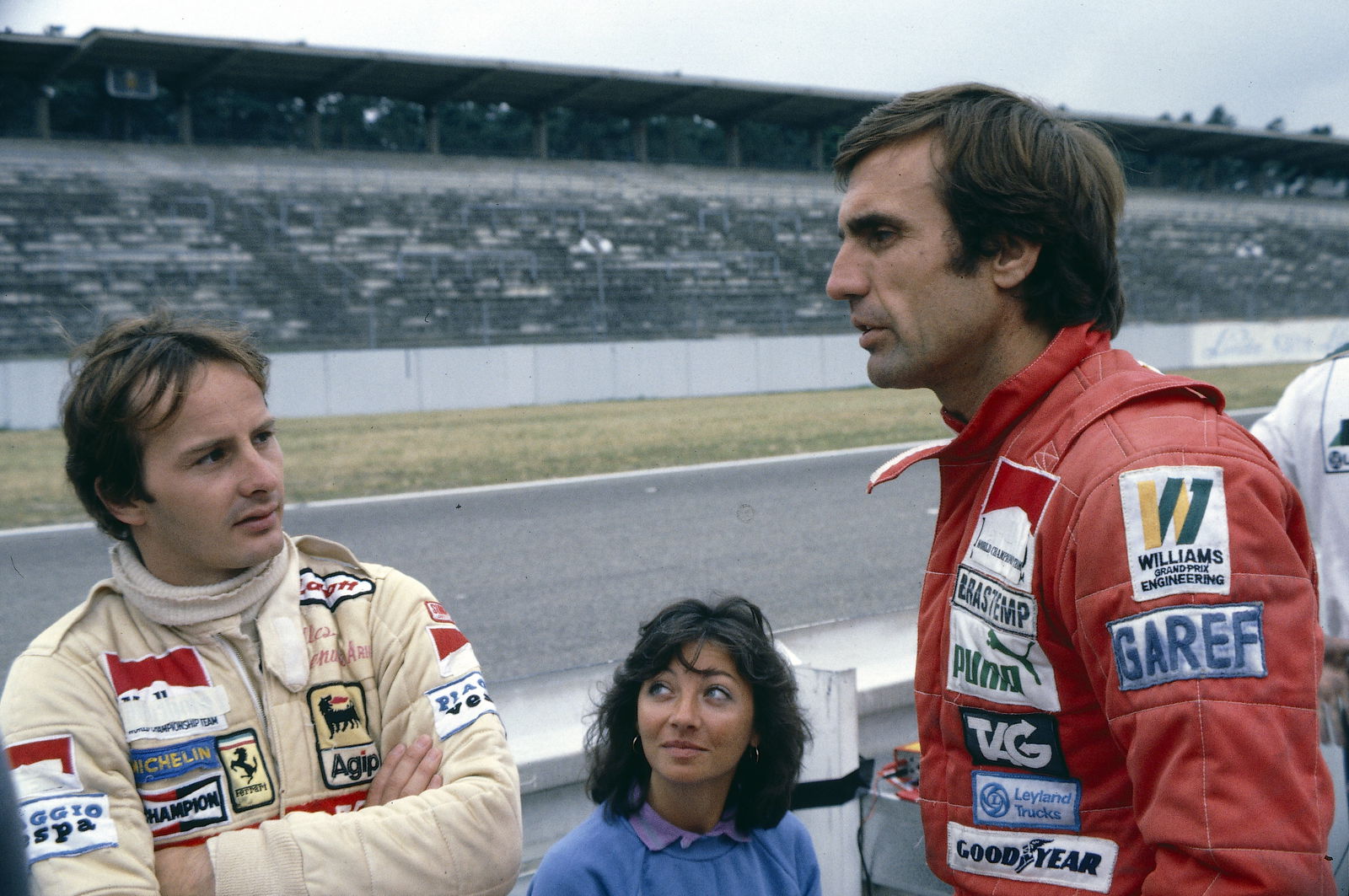
Gilles Villeneuve
The iconic Ferrari driver had his hopes of becoming F1 world champion cruelly cut short when he died in a crash at the 1982 Belgian Grand Prix.
A driver tipped for greatness, Villeneuve narrowly missed out on the 1979 F1 world crown by four points to Ferrari teammate Jody Scheckter.
Despite two famous victories at Monaco and Jarama in 1981 he could never reach the same heights before his sad passing when he crashed with Jochen Mass during qualifying for the 1982 Belgian GP at Zolder.
Ronnie Peterson
Another F1 star taken far too early, Peterson stormed into the spotlight when he won the 1971 Formula 2 title while also finishing runner-up to March teammate Jackie Stewart in F1 in the same season.
A move to Lotus in 1973 almost paid off as he claimed four wins and three further podiums that season but due to his poor start to the campaign he missed out to champion Stewart and runner-up Emerson Fittipaldi and had to settle for third place overall.
After a brief return to March in 1976 and one unsuccessful season with Tyrell in 1977, Peterson returned to Lotus in 1978 taking on new teammate Mario Andretti for the world title.
Following a dramatic Dutch Grand Prix won by Andretti ahead of Peterson by just 0.32s, the American driver led the Swedish star in the standings by 12 points with three rounds to go.
But a disastrous accident at the next race at Monza caused Peterson’s death meaning he posthumously finished runner-up to Andretti in the 1978 F1 standings.
